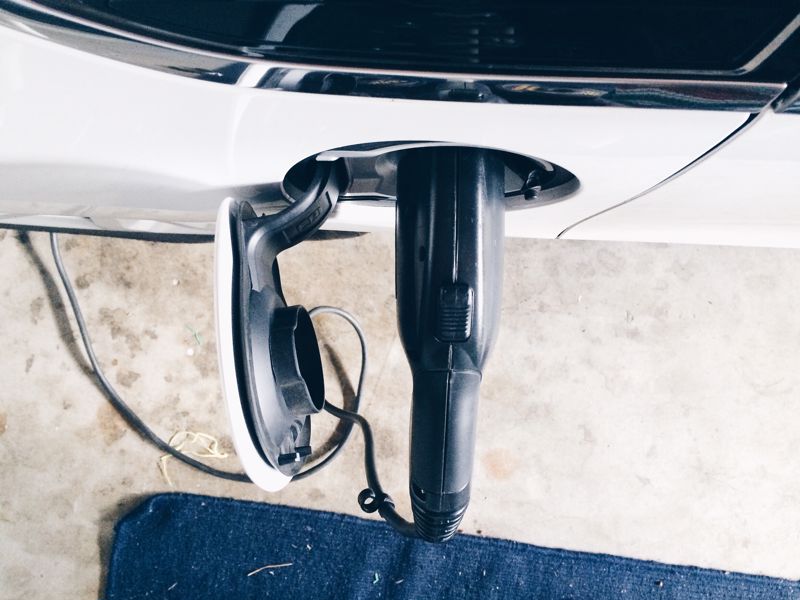Today, fully electric vehicles account for fewer than 1 in every 20 vehicles sold around the world, but gas-powered vehicles are likely to be a thing of the past sooner than later, according to The Wall Street Journal. At major names like Mercedes-Benz and General Motors, there is no further development being done on new gas engines, in part because developers believe they are reaching the physical endpoint of fuel efficiency with these motors (fuel efficiency has roughly doubled since 1975). Instead, they are planning to transition current lines of vehicles to fully electric over the next decade-plus.

But with that transition comes major change: When companies develop new engines, they typically tap hundreds of suppliers. Leaving all previously developed electric engines behind or asking automakers to pivot to meet all-electric demand is perhaps unfeasible, the report said. Meanwhile, it will likely require automakers to build numerous plants to produce battery cells, plans for which are underway — GM already has one built, with more on the way.
Diminishing supply chain issues?
From a supply-chain perspective, a growing share of battery cells and packs used in these vehicles are manufactured within the U.S., according to analysis from the U.S. Department of Energy. As recently as four years ago, the vast majority of production was done in South Korea and Japan, but the U.S. has overtaken every other country in the world combined in terms of production capacity.
"Since 2018, 70% of battery cell capacity and 87% of battery pack capacity produced for U.S. [light-duty plug-in electric vehicles] came from the United States," the DOE report said.
The current situation
When it comes to the big names in fully electric vehicles, Tesla stands out above the rest in the U.S., and it has been having supply chain difficulties of its own in recent months, according to CleanTechnica. While the company reported in July that it pushed some 207,000 vehicles off production lines in the second quarter alone, it encountered "global supply chain and logistics challenges" — some of which have resulted in cost increases.
Over the past few months, Tesla brought prices up 5% specifically due to "major supply chain price pressure" such as shortages of raw materials and microchips, the report said. That, in turn, led Tesla to stop producing its Model 3 electric vehicle in California in early 2020. However, things seem to be back on track for the automaker almost a year and a half later, even if issues persist.
Of course, Tesla is a relatively small automaker in the larger automotive world and, as more companies compete for the materials needed to produce electric vehicles, further complications could arise.



Post A Comment:
0 comments so far,add yours